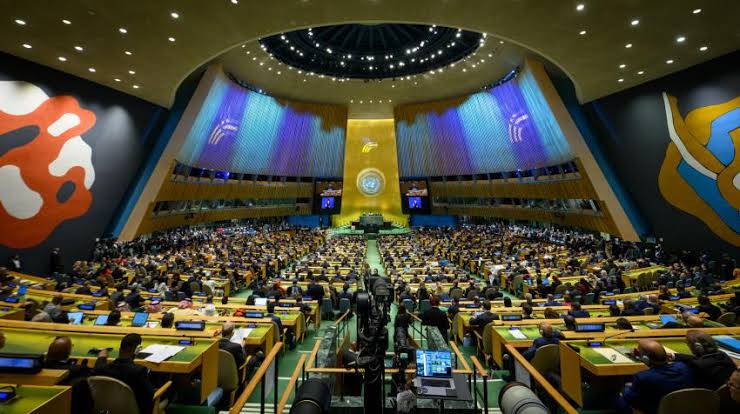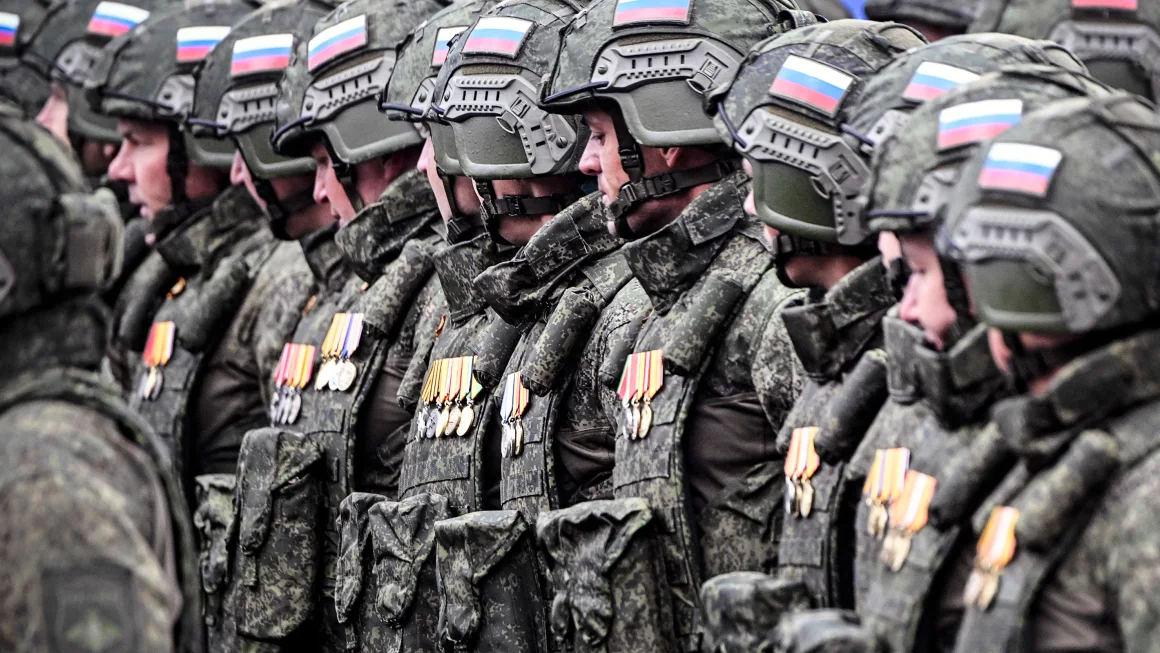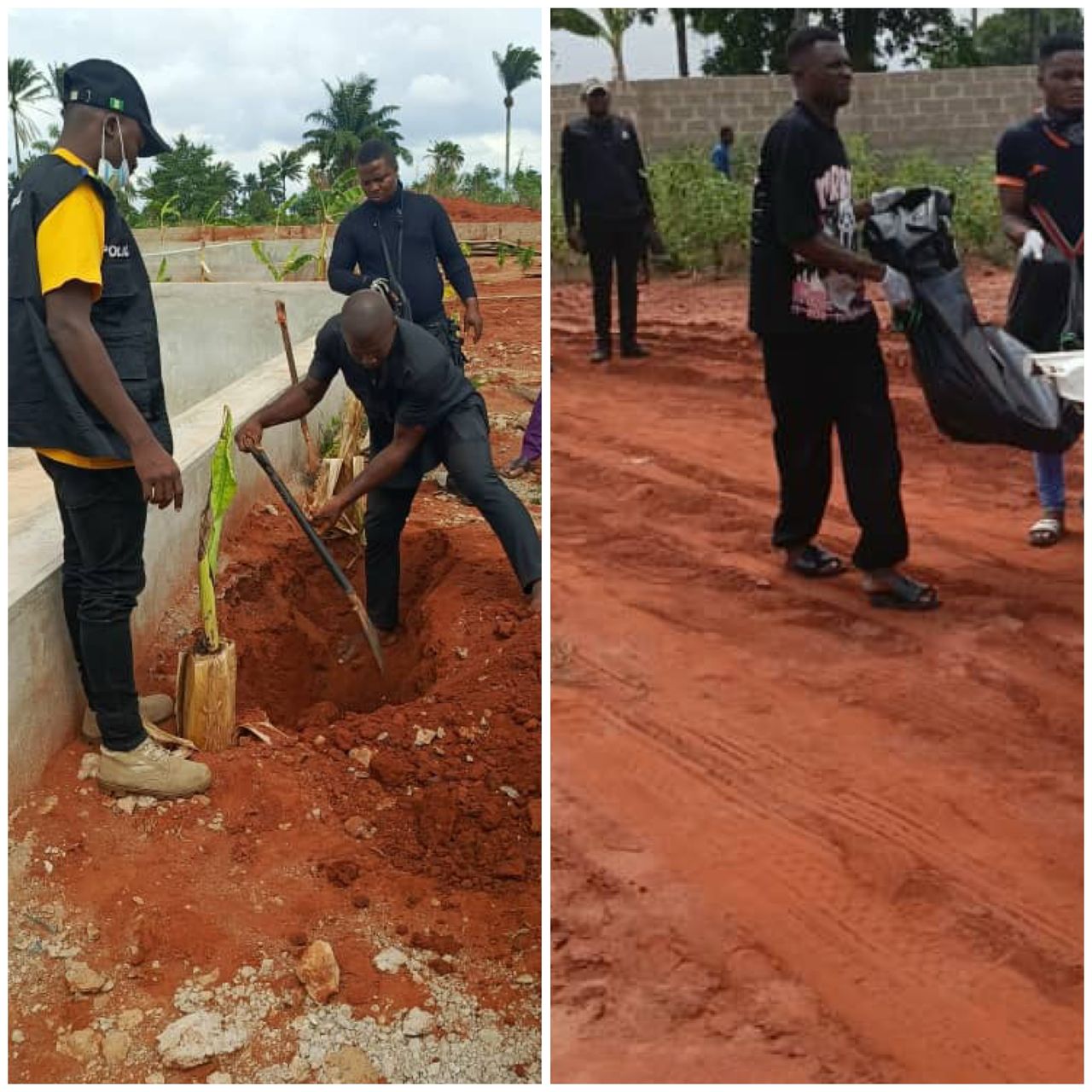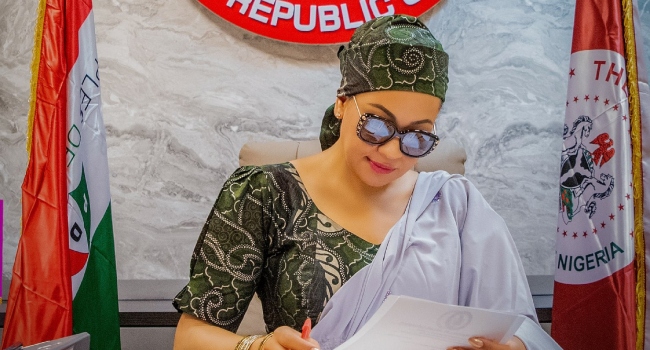The United Nations on Wednesday commemorated the 50th anniversary of the Biological Weapons Convention (BWC), the first multilateral treaty to ban an entire class of weapons of mass destruction.
Izumi Nakamitsu, the UN’s High Representative for Disarmament Affairs, emphasized the significance of the treaty in today’s geopolitical landscape. She warned that allowing the BWC’s principles to weaken would be a grave mistake. Speaking to UN Member States in Geneva, she described the convention as a “testament to the conscience of humankind” but noted that as technology advances, so do potential threats.
Call for Strengthening the BWC
Nakamitsu urged nations to ensure that disarmament instruments from the 20th century remain effective in addressing modern challenges. UN Secretary-General António Guterres echoed this sentiment, encouraging all states parties to participate actively in the Working Group on Strengthening the BWC. This group is responsible for verifying compliance, enhancing capacity-building efforts, and providing assistance to member states.
Guterres highlighted that these efforts align with the Pact for the Future, a UN initiative advocating for a world free of biological weapons. He described the BWC as a cornerstone of international peace and security, having played a crucial role over the past five decades in preventing the use of disease as a weapon.
Global Participation and Remaining Holdouts
Currently, 188 countries are party to the BWC, which prohibits the development, production, transfer, stockpiling, and use of biological and toxin weapons. The treaty serves as a safeguard, ensuring that advancements in biology and biotechnology are used solely for peaceful purposes, rather than being weaponized to create artificial epidemics.
Despite widespread adoption, ten countries have neither signed nor ratified the convention: Chad, Comoros, Djibouti, Eritrea, Israel, Kiribati, Micronesia, Namibia, South Sudan, and Tuvalu. Guterres called on these governments to ratify the treaty without delay, reinforcing global efforts to eliminate biological weapons.
UN’s Ongoing Efforts in Biosecurity
The UN Office for Disarmament Affairs (UNODA) continues to support the implementation of the BWC, with a particular focus on Africa. Over the past five years, the Youth for Biosecurity Fellowship has engaged 100 young scientists in discussions on biosecurity and disarmament.
As the world faces evolving health challenges and geopolitical uncertainty, the BWC remains a critical safeguard against the misuse of scientific advancements. Guterres stressed that reinforcing the treaty is essential to preventing biological weapons from ever being used—whether in warfare, terrorism, or by accident.
With growing concerns over biosecurity, the UN continues to push for stronger international cooperation, ensuring that biological research serves only to advance human well-being rather than pose a threat to global stability.








Leave a Reply